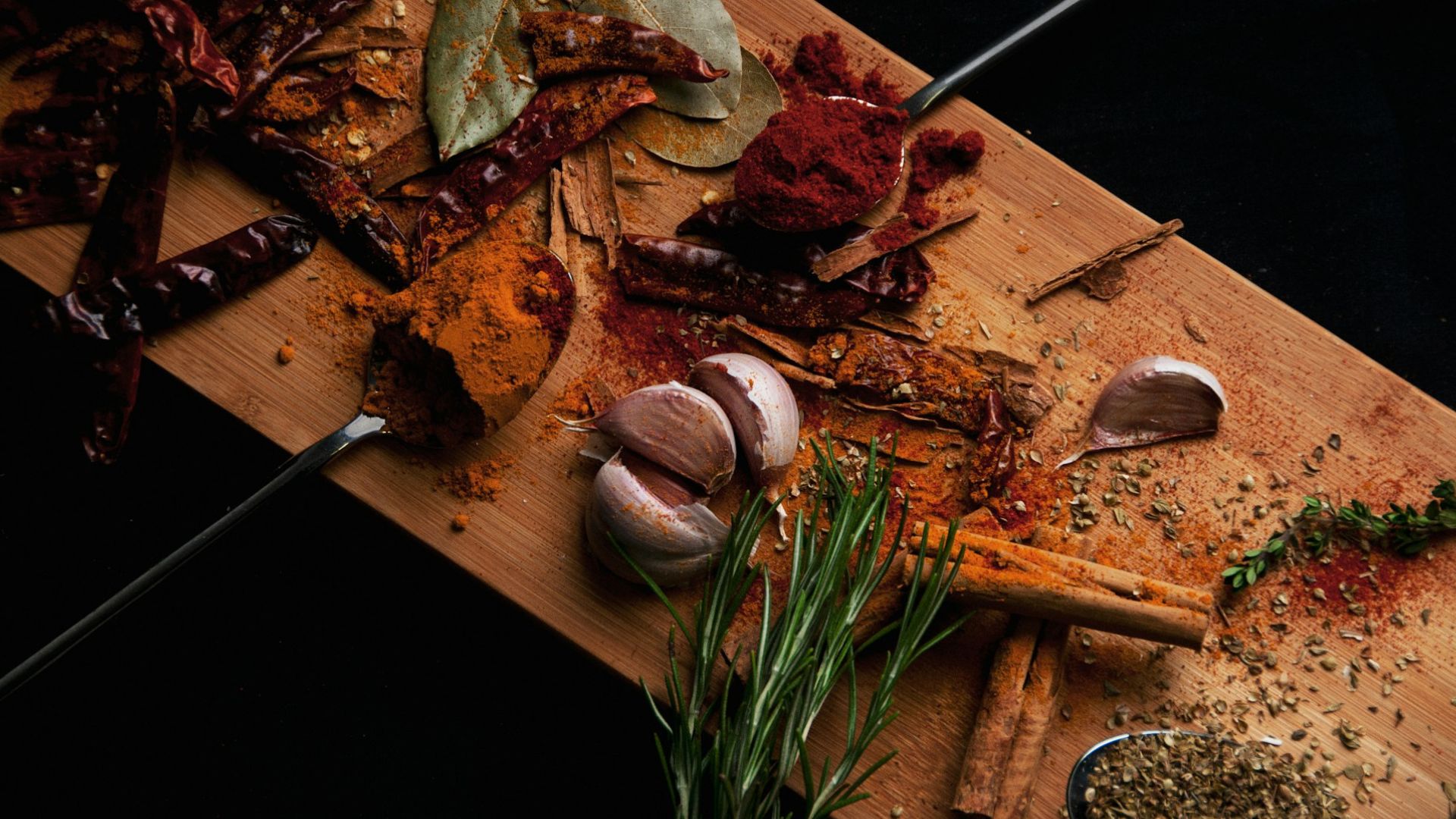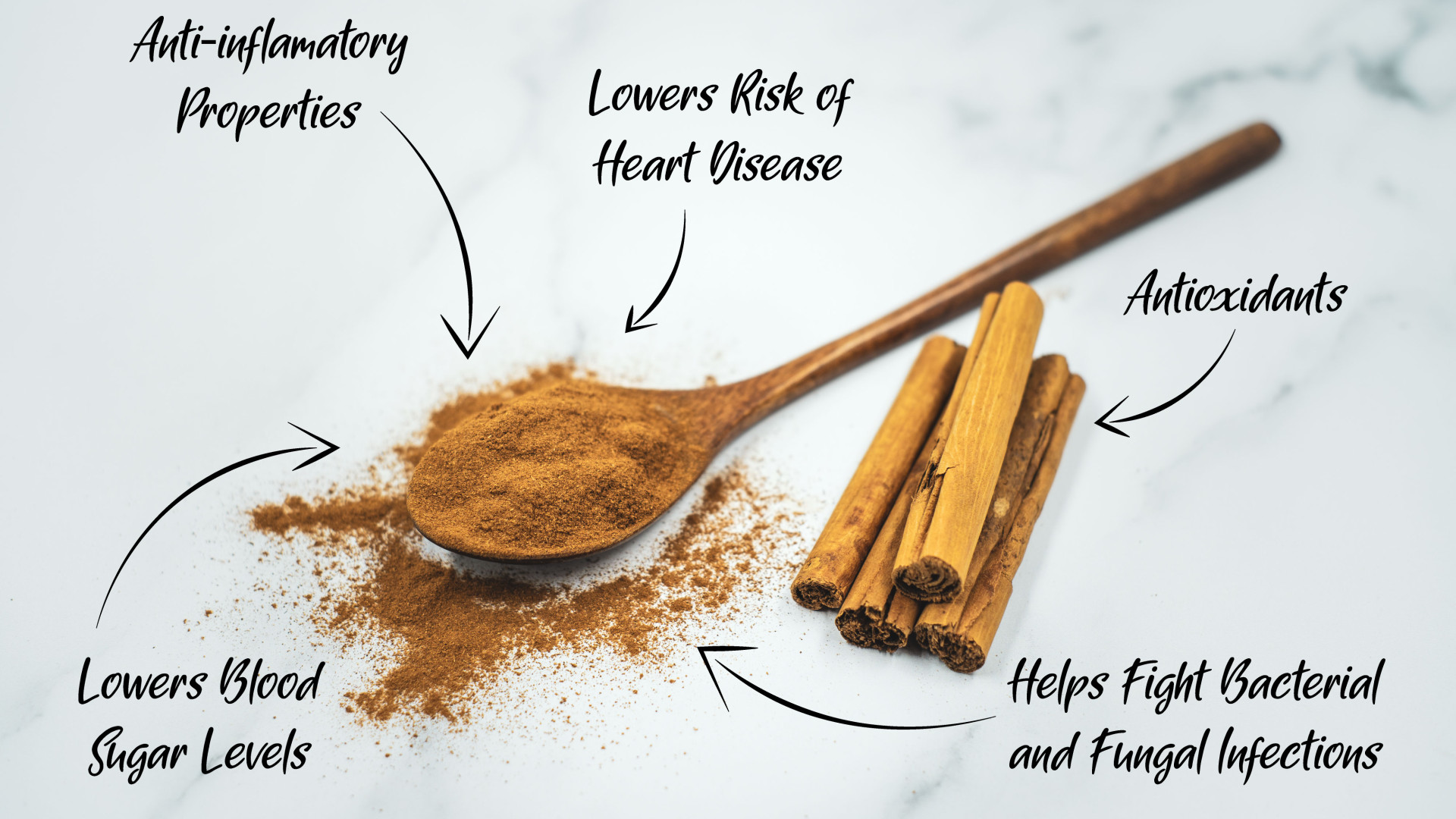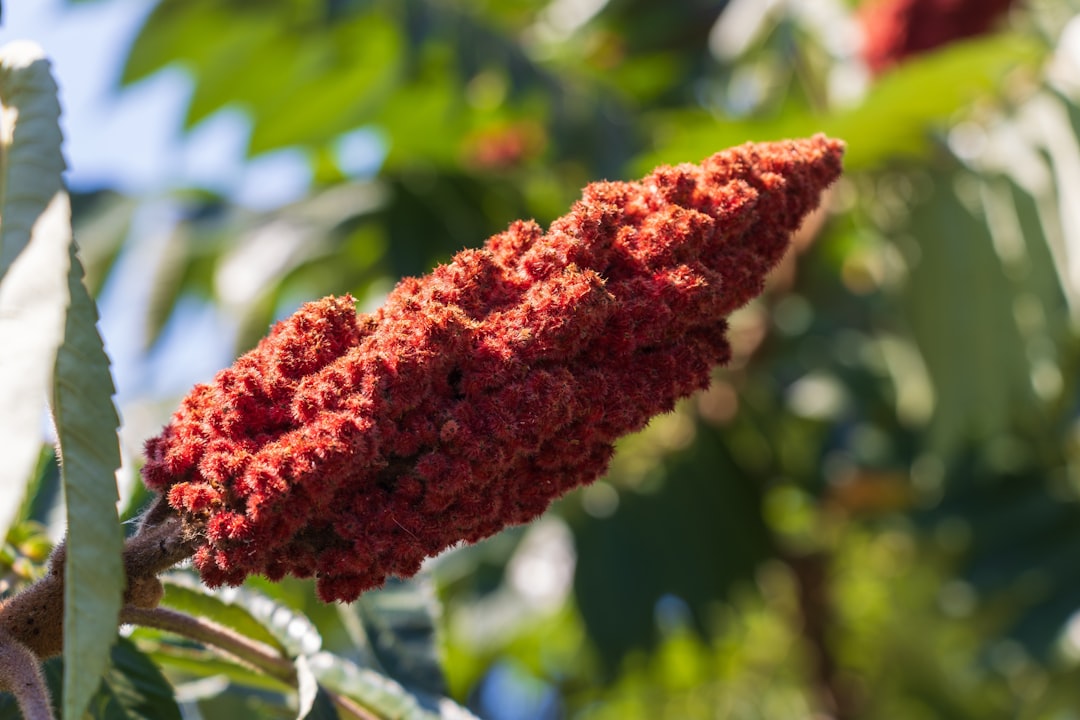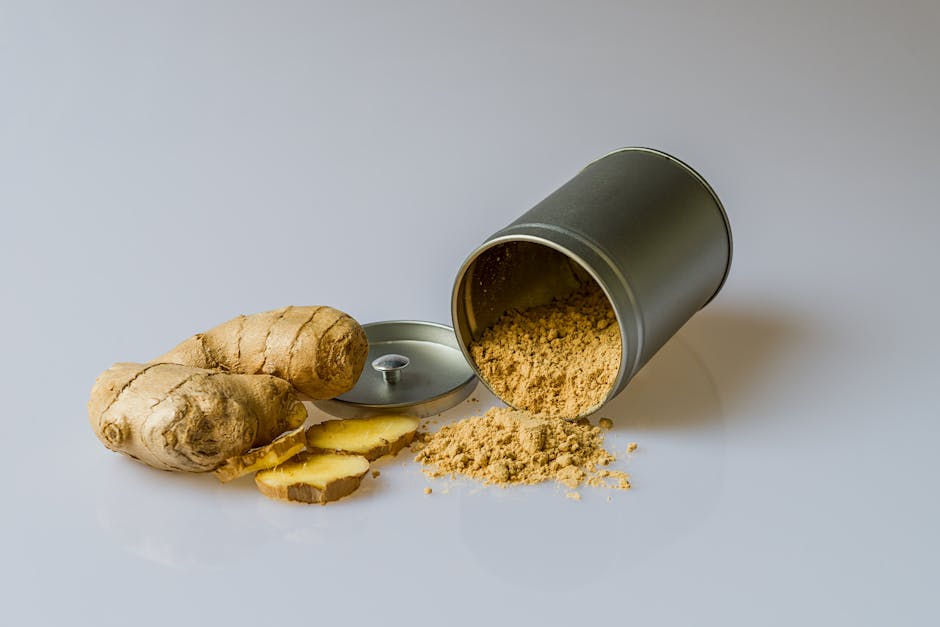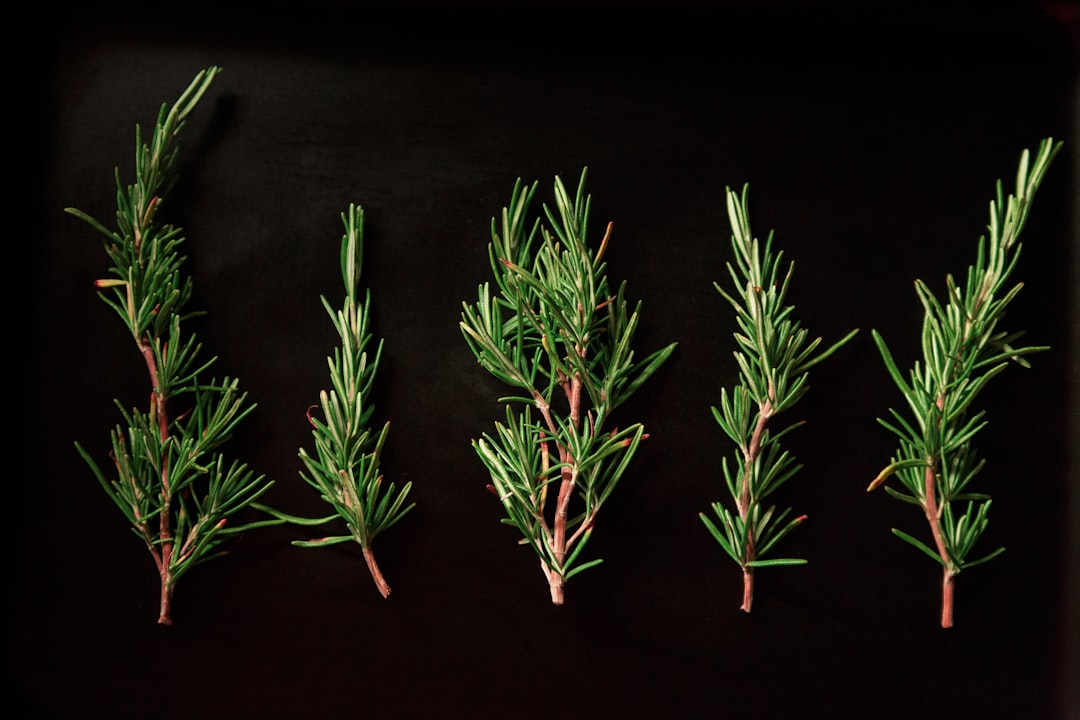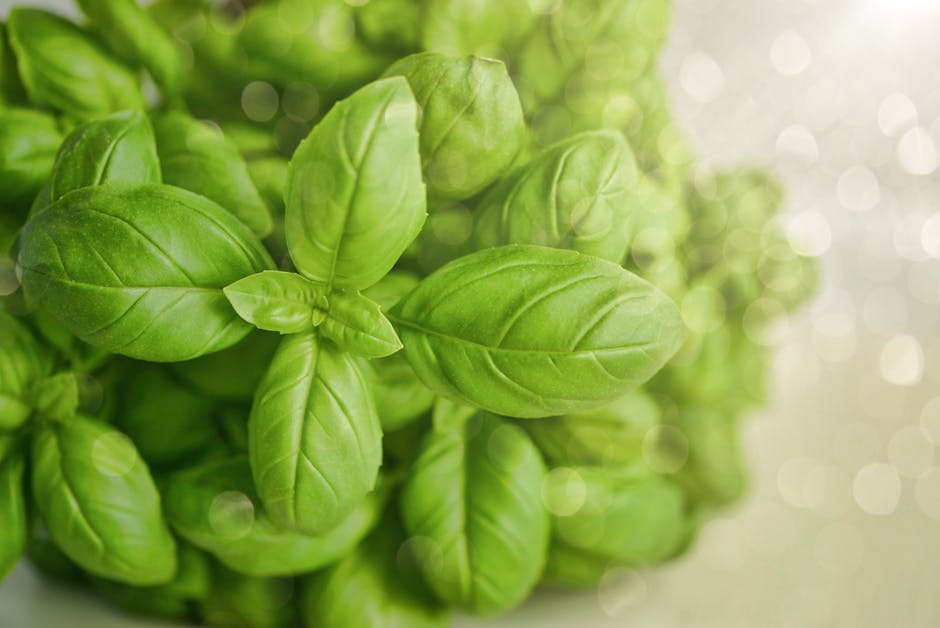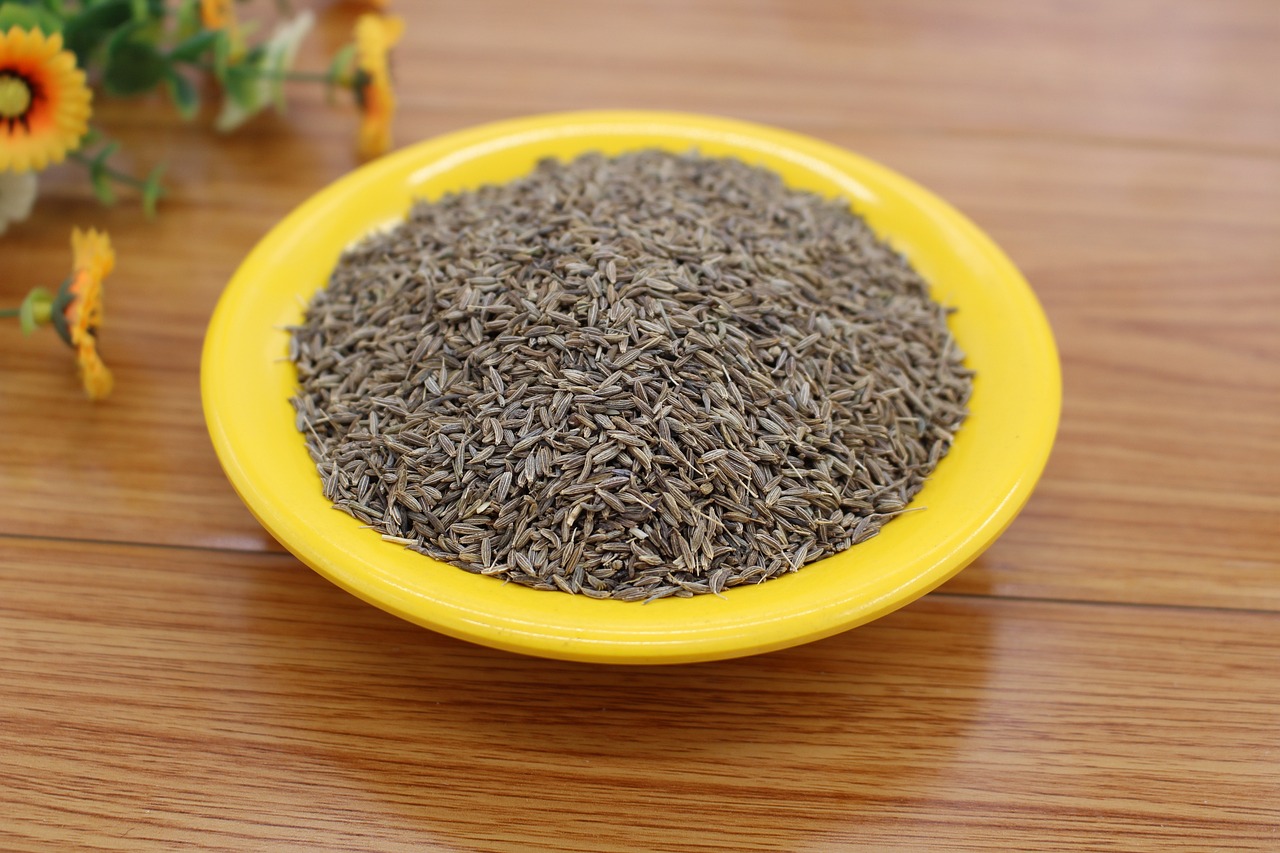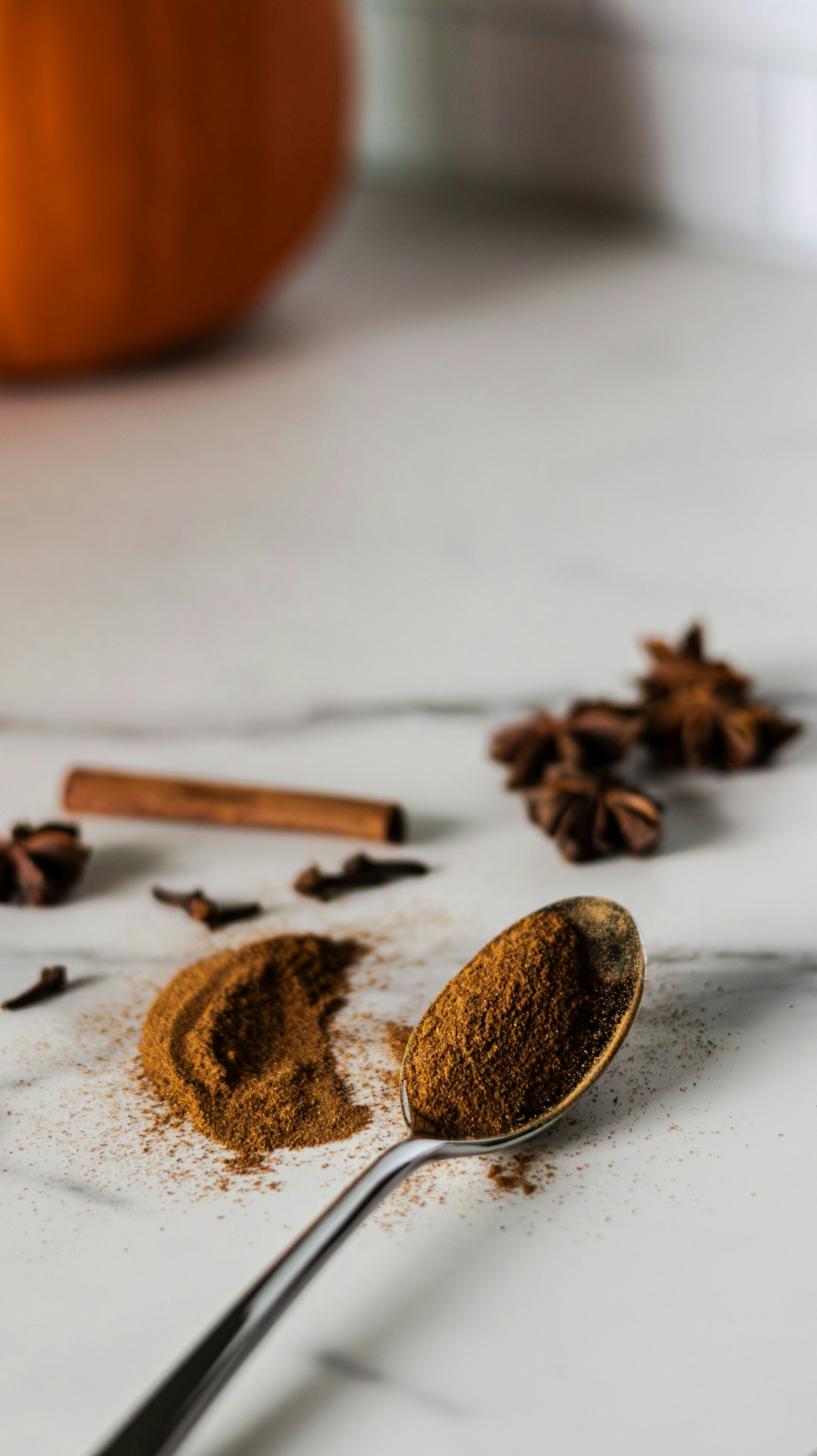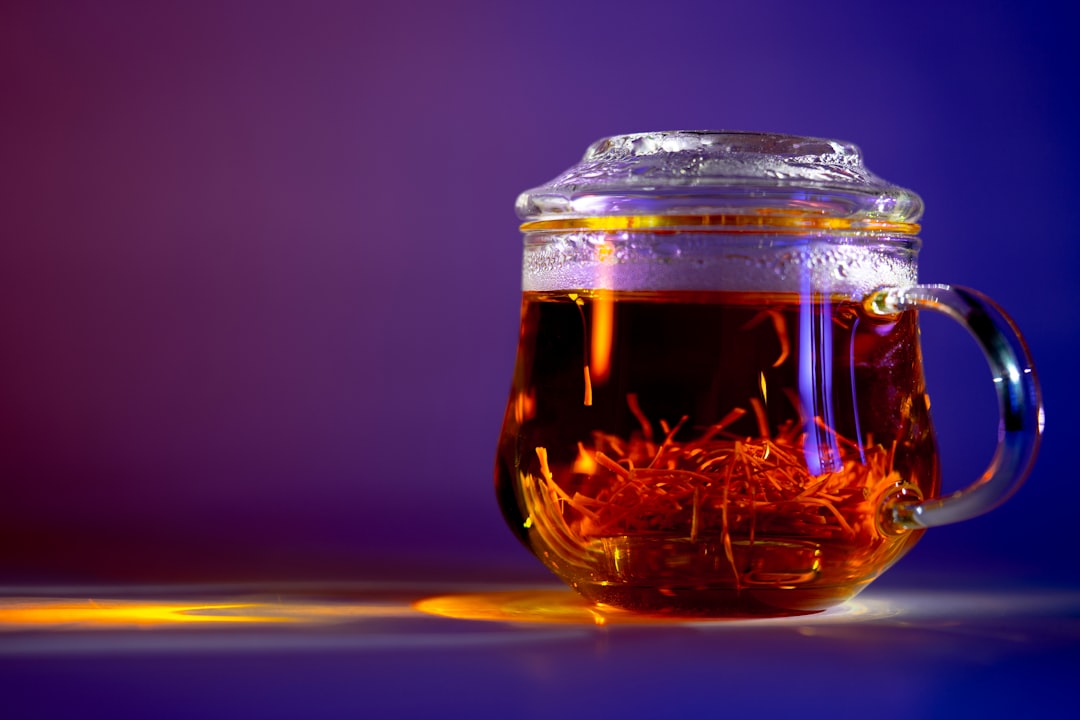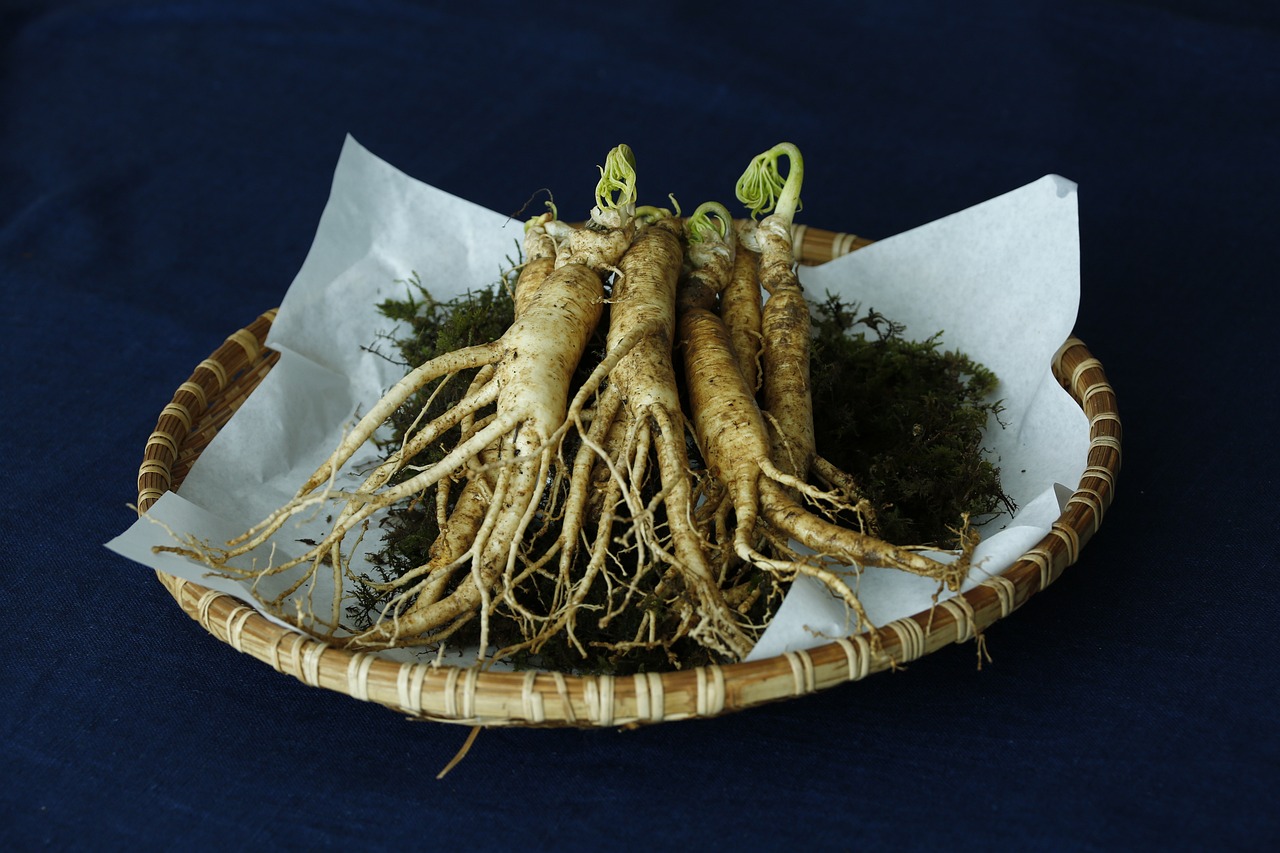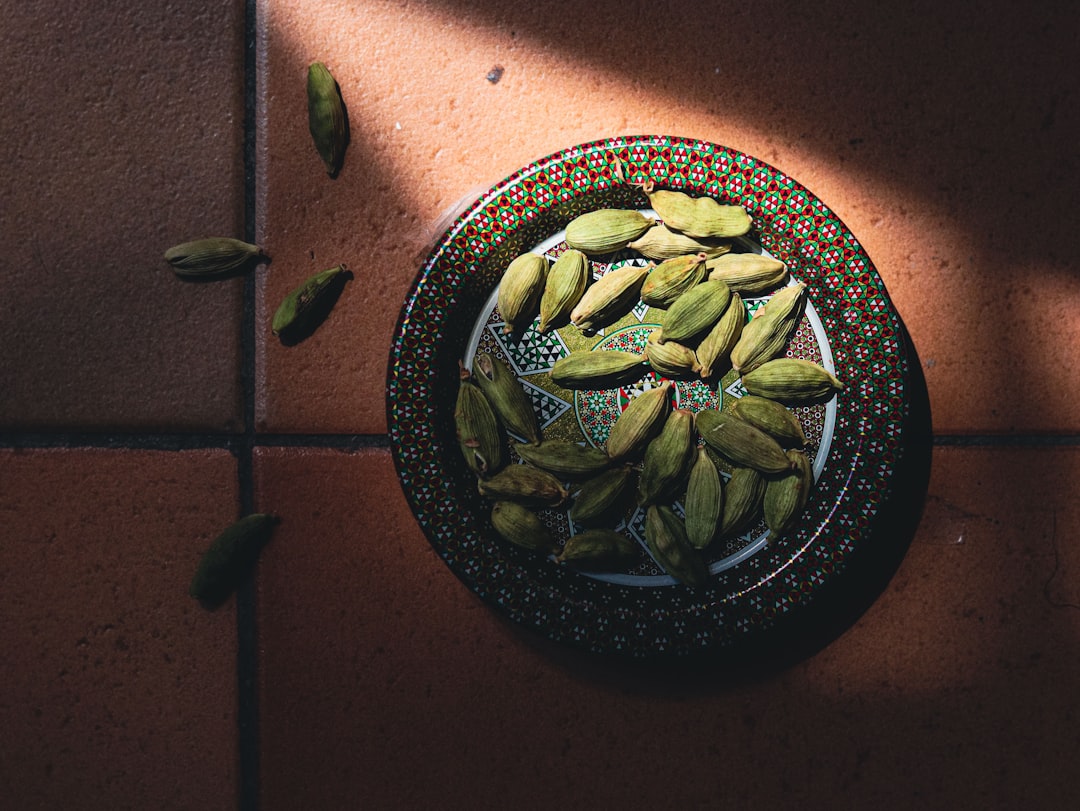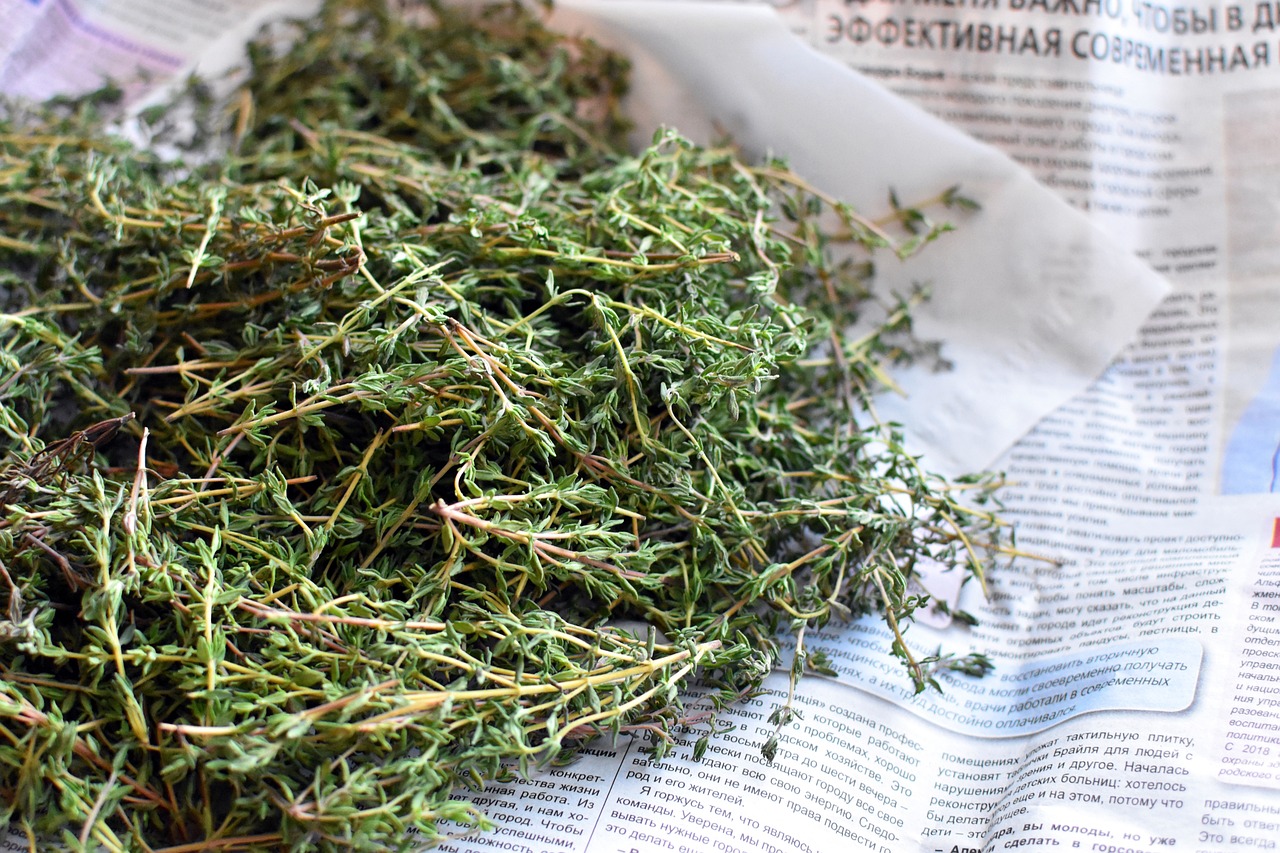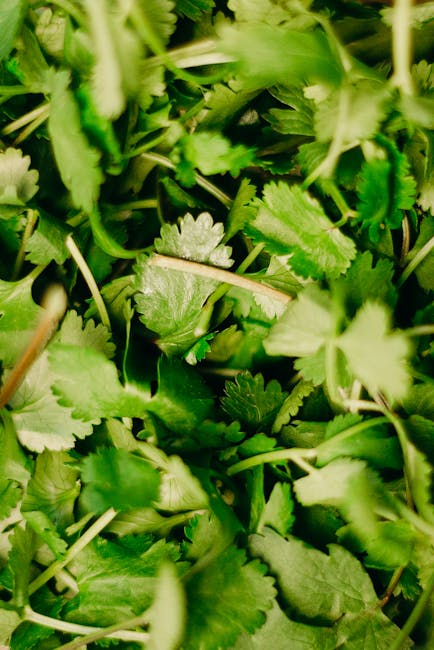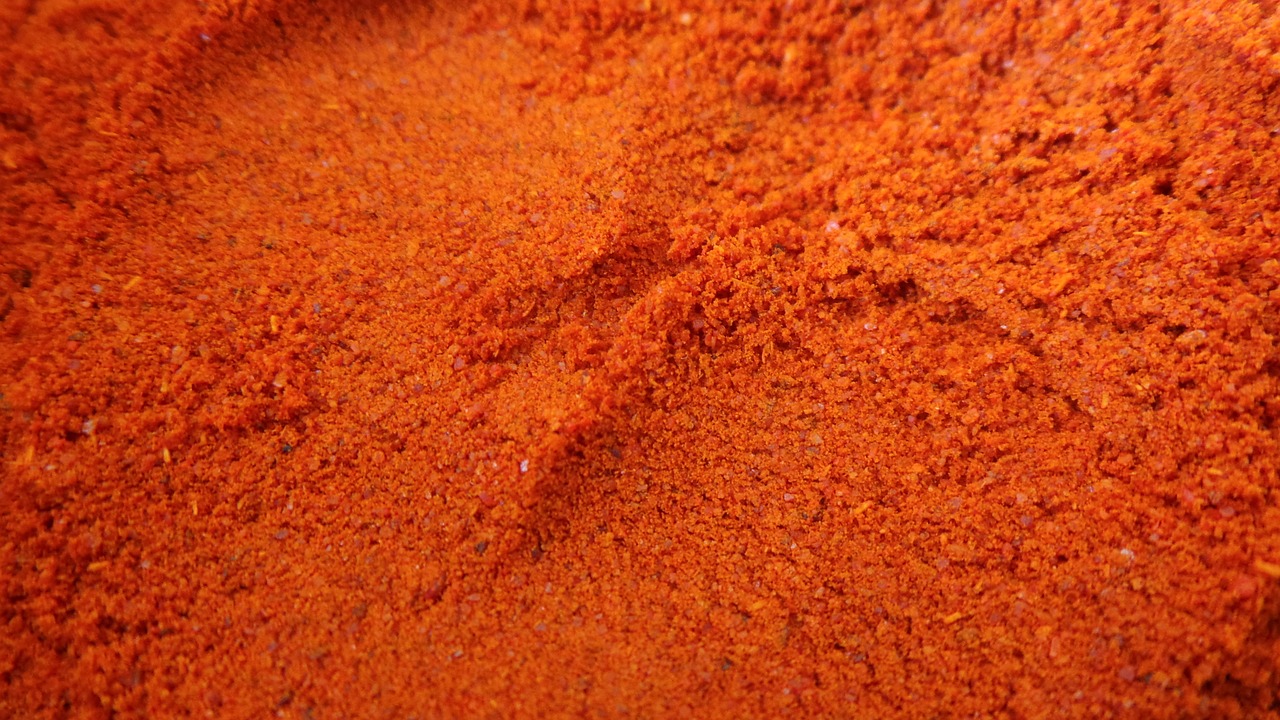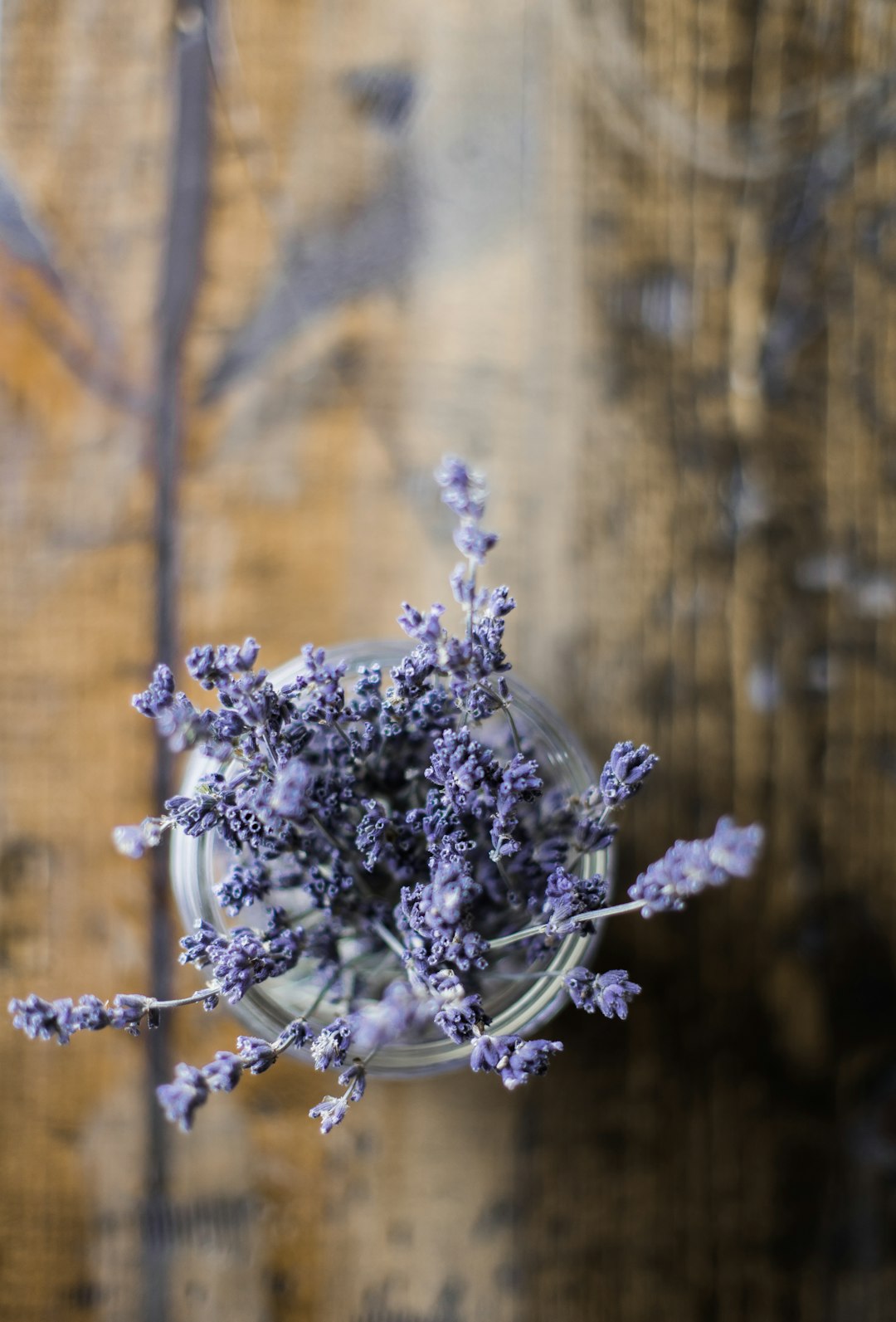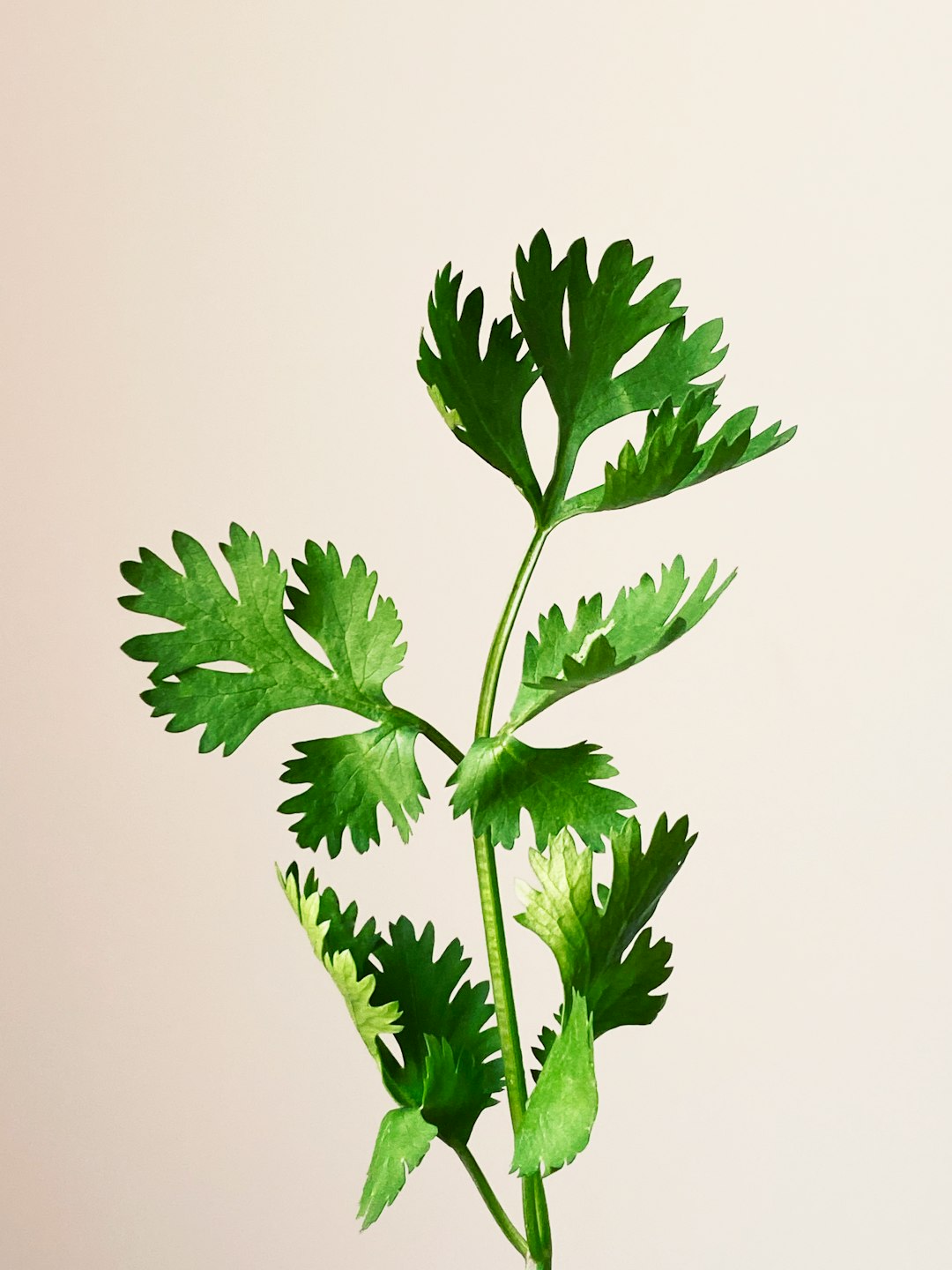Herbs In The Kitchen And Beyond
Herbs and spices have been used for centuries to aid our health. These potent plants do more than flavor our food, they soothe us when we're ill and heal us when we're hurt. Although we can consume them in many different ways, there are also other ways we can use herbs and spices to reap their benefits. From teas to lotions, learn how and why we have a lot to thank nature's medicine for.
1. Sage
Sage is often used in cooking but the herb does more than season our holiday dishes. When consumed, sage is full of antioxidants and helps aid arthritis symptoms and other inflammatory issues. Sage is also used ritually. When burned, it's fragrant smoke is known to cleanse spaces of negative energy, improving moods and strengthening focus.
 Marcos Paulo Prado on Unsplash
Marcos Paulo Prado on Unsplash
2. Cinnamon
If you sprinkle cinnamon on your cappuccino every morning you're doing yourself a favor. Cinnamon is chock-full of body-loving benefits including anti-inflammatory properties, fighting off bacteria and infections, and lowering blood sugar levels. Cinnamon works its magic cold or hot, in beverages or in food.
3. Eucalyptus
The scent of eucalyptus transports you to a spa oasis. This gorgeous plant helps our bodies inside and out, from freshening our breath to decreasing pain. You'll discover that eucalyptus is produced in numerous ways, from essential oils to insect repellents.
Simply hang dried leaves in your shower and breathe in their therapeutic properties as the steam clears your sinuses.
4. Turmeric
Turmeric deserves its gold color because it's the number one spice for your health. When consumed, turmeric is packed with health benefits, from calming the digestive system to treating aching joints. Top tip–– add black pepper! Pepper dramatically increases the absorption of the active ingredients of turmeric in the gut.
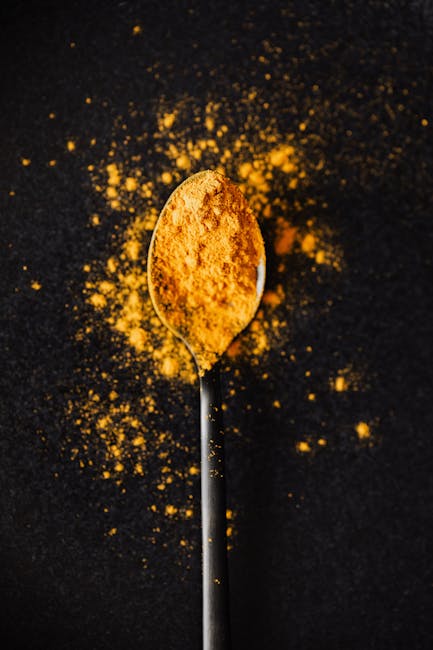 Photo By: Kaboompics.com on Pexels
Photo By: Kaboompics.com on Pexels
5. Sumac
Sumac contains essential vitamins, heart-healthy fats, antioxidants, and fiber. It's is good for your metabolic and cardiovascular health and regulates your blood sugar. There's not much this red plant can't do. Use it to enhance citrus and acids in dishes or sprinkle it on snacks like popcorn or cucumber slices.
6. Ginger
Ginger is the most versatile root around. We see it as the ingredient in numerous health items, from pill capsules to teas. It can be used fresh, frozen, juiced, or powdered and offers you a spicy zing. It's benefits range from relieving nausea to protecting nerve function.
7. Rosemary
Rosemary not only tastes and smells fresh and delicious but you'll be amazed at what this herb can do for you. It's proven to promote neurological functions, enhancing focus and memory as well as boosting mood.
The herb tastes good on your potato skins but did you know it's also good for your skin too?
8. Basil
Basil is a margarita pizza's best friend but it is also your best health influencer. This popular garnish is bursting with vitamins and minerals, working hard to lower cholesterol, improve your blood flow, and reduce inflammation. For a refreshing flavor twist, throw some basil leaves in your sparkling water.
9. Cumin
Cumin is most commonly used in Indian dishes but it's health boosters are beyond flavor. Cumin provides iron and other important vitamins and minerals. Studies suggest that cumin may reduce food-borne illnesses and has been long proven to aid digestion and lower blood sugar.
10. Nutmeg
A dash of nutmeg can go a long way. Nutmeg has an intense earthy flavor that is added to many baked goods, curry dishes, and hot beverages. Nutmeg is good friends with cinnamon, cardamom, and star anise, and together they bring you a flavor burst of medicinal properties like combating liver disease. Did you know that nutmeg is used in many dental products?
11. Saffron
This vibrant red spice brings a bouquet of health-promoting compounds. Routine consumption of saffron can reduce symptoms of depression and anxiety and promote eye health. It's used like a dry herb in dishes but it can also be steeped in teas.
For all of its benefits from vitamins to antioxidants, you can find it as supplement capsules as well.
12. Ginseng
Ginseng has ancient roots in natural Asian medicine. It has long been used to support the immune system and the nervous system. Nowadays, it is most commonly used in supplements and body-warming teas. If you truly want to treat your body like a temple, add this powerful root to your ingredient list.
13. Cardamom
Cardamom is your belly's superhero. It's high in fiber and can help with indigestion, stomach aches, and heartburn. Cardamom flavors your baked goods and coffee while it fights off nasty toxins. This feisty spice is also a diuretic and helps lower blood pressure.
14. Thyme
Thyme is an all mighty herb offering you a bunch of benefits. It's known for its range of antioxidants and antimicrobial properties. Treat your taste buds and your body by adding thyme to dishes like soups, stews, and sauces. You can also find this herb in oils and tinctures for a more concentrated potency.
15. Cilantro
Cilantro isn't just the best garnish for your guacamole, it's one of the best herbs for your health. It contains many vitamins like A, C, and K, folate, potassium, and magnesium. If that's not enough, cilantro also helps cleanse your body of toxins and keeps your blood and cholesterol in check.
16. Mint
Mint is the freshest herb around! You can eat it, drink it, smell it, clean with it, and rub it on your skin. What can't this herb do for you? You'll find it in teas, oils, infusers, house cleaners and toothpastes. Mint acts as a wonderful digestion aid and contains antibacterial properties. It can also help soothe headaches when it's inhaled.
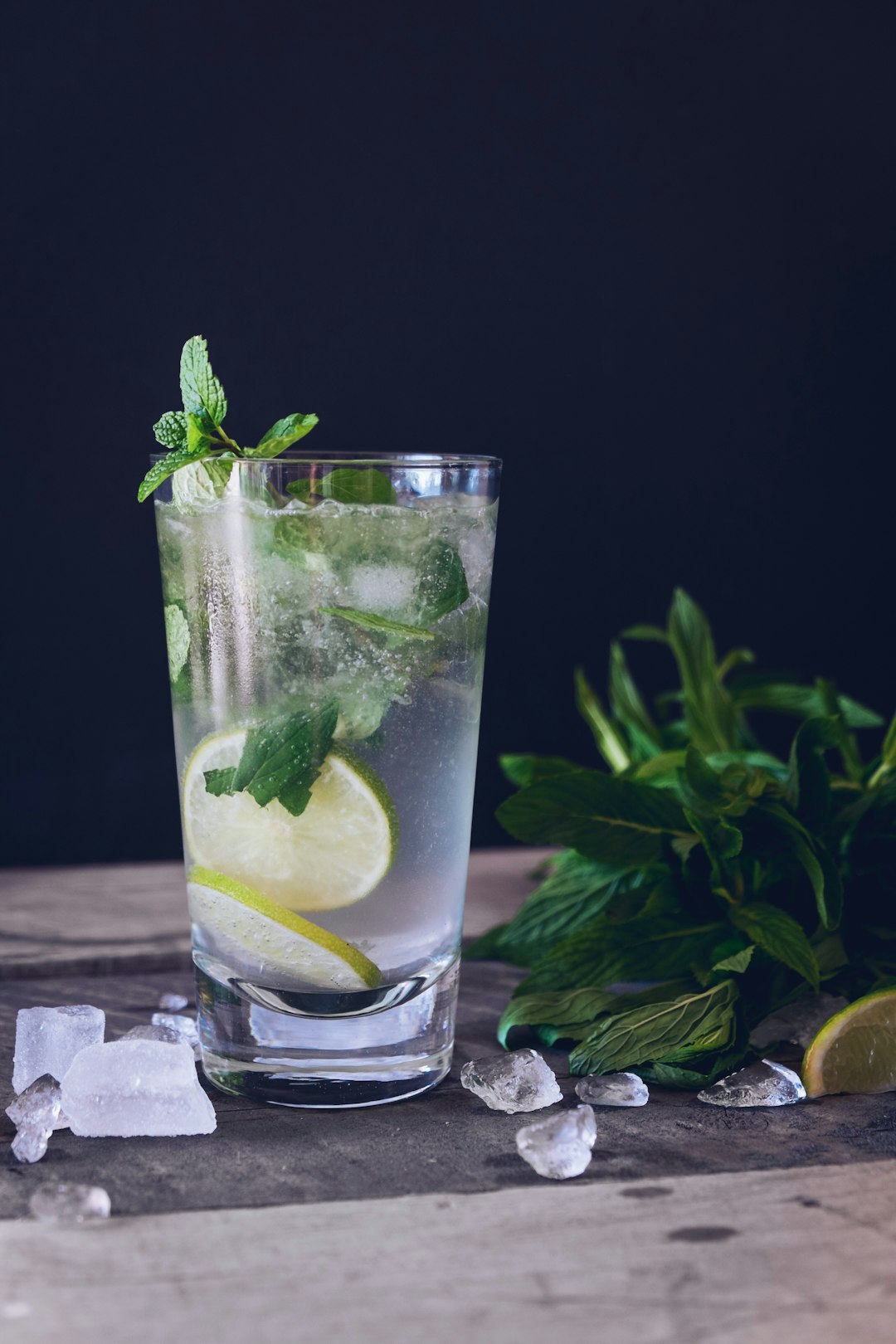 Melissa Walker Horn on Unsplash
Melissa Walker Horn on Unsplash
17. Cayenne
Cayenne is that spice that doesn't just give your tongue a hot kick, it also spikes your health. This spicy pepper stimulates the nerves in your stomach, helping with digestion. It has anti-inflammatory properties that can help relieve pain and treat illnesses like colds. The spice can be added to a long list of dishes including a surprisingly tasty treat–– dark chocolate.
18. Lavender
Lavender is renown for its soothing aroma and therapeutic benefits. It's a beautiful purple plant that helps with sleep and anxiety. You'll find it in essential oils or dried in many products like lavender pillows. Lavender is also good for your epidermes–– herbalists will treat skin conditions like fungal infections and acne with lavender products.
19. Fennel
Fennel has got all the antis–– it's anti-inflammatory, anti-fungal, anti-viral, and contains antioxidants. Fennel seeds can be used whole, powdered, or as extract in an array of dishes.
Recent studies suggest that fennel may be beneficial to mothers' breast milk production as well.
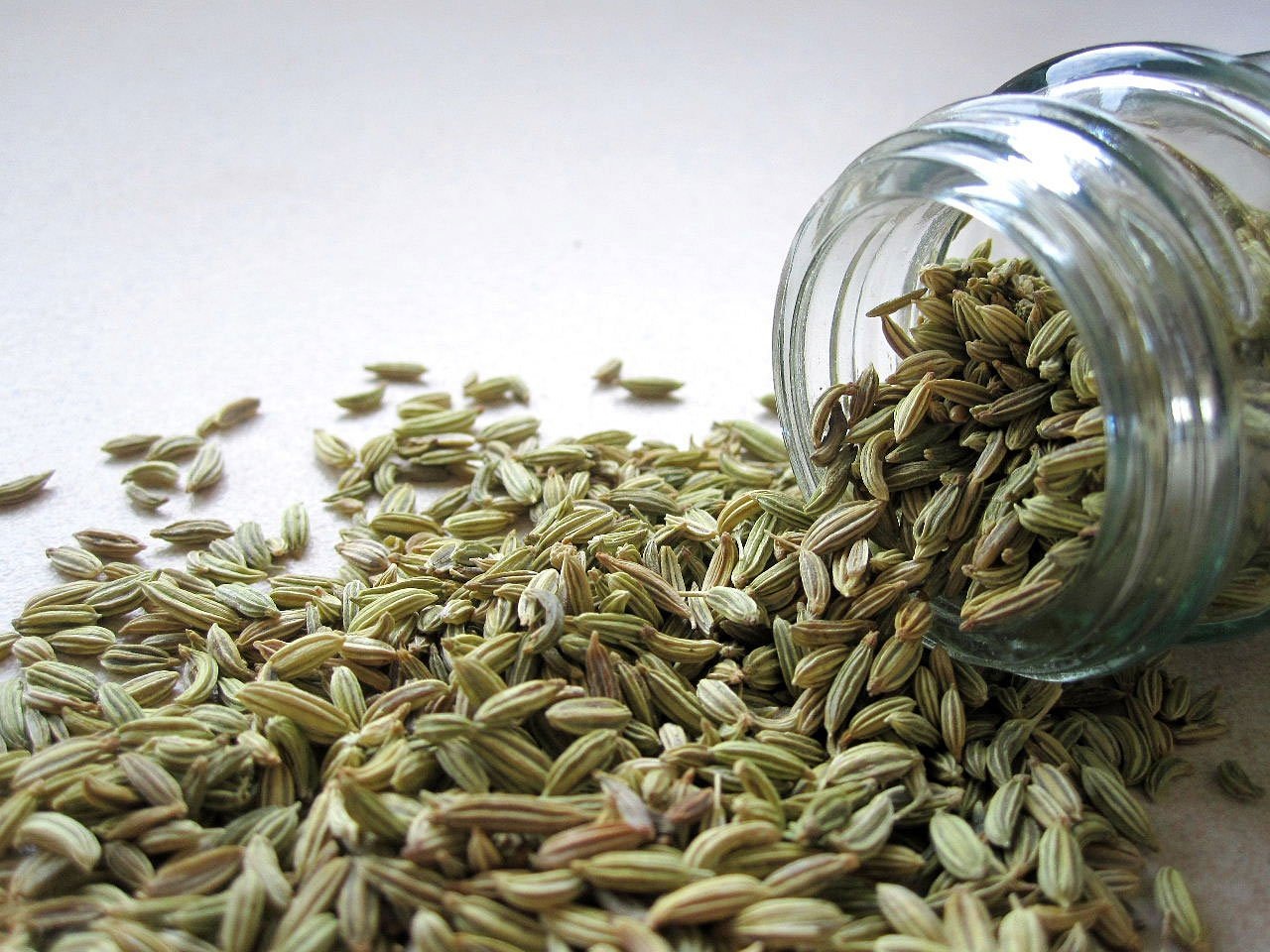 PublicDomainPictures on Pixabay
PublicDomainPictures on Pixabay
20. Parsley
Parsley is a garnish like cilantro that is commonly used for its flavor enhancements but does so much more. Its nutritious leaves contain properties that support bone health, treat skin imperfections and reduce risk of serious health conditions. Like many herbs, parsley is rich in antioxidants and rich in uses. Add it to dressings, stocks, sauces, and soups.
KEEP ON READING



